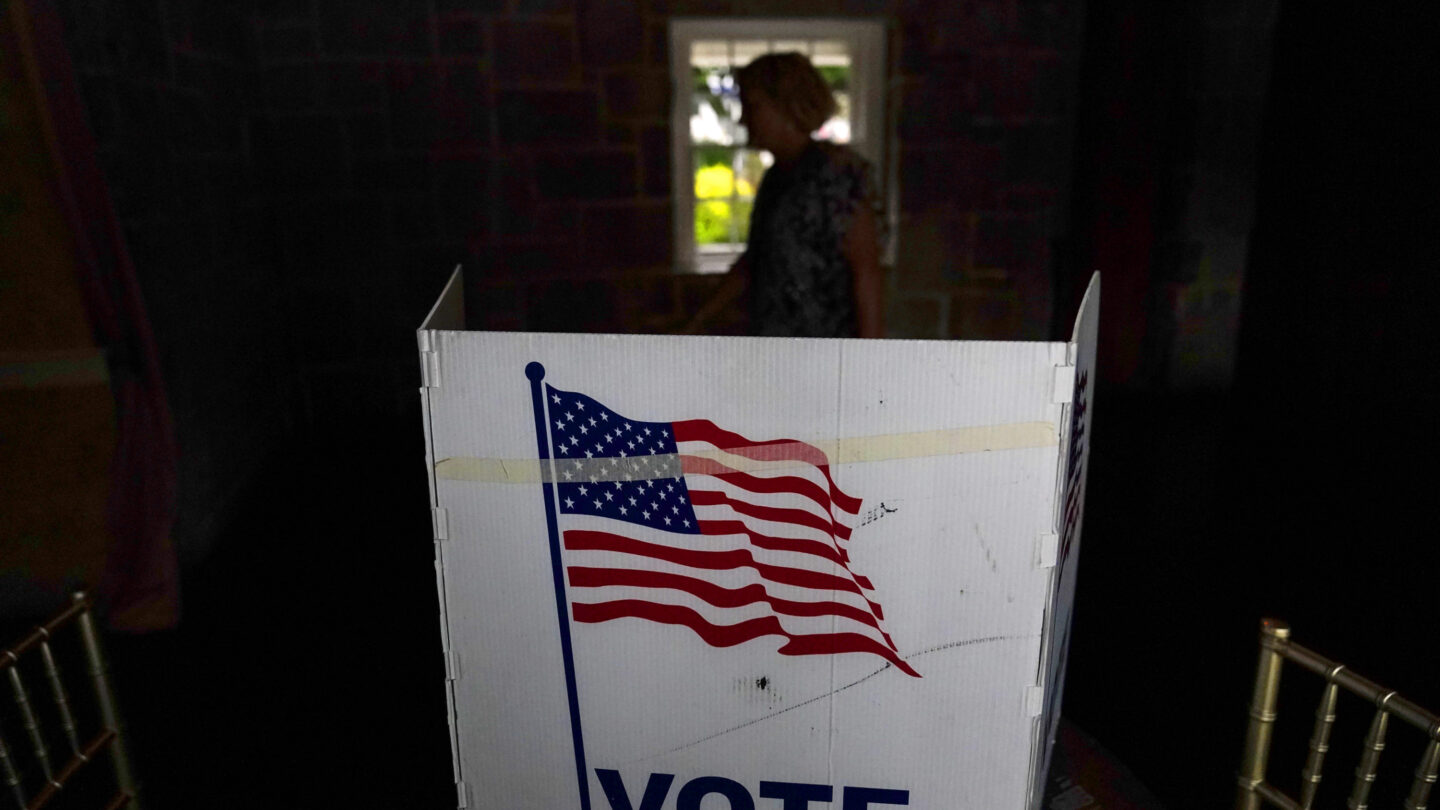A judge has ruled that Democrat Shelia Edwards can remain on the ballot for Georgia’s Public Service Commission even though she doesn’t live in the district she would represent.
Senior Superior Court Judge David Emerson ruled Wednesday that the District 3 election is exempt from the residency rule because candidates are running to fill the two unexpired years remaining on the term of former Commissioner Chuck Eaton. He resigned in 2021 when he was appointed as a judge.
Gov. Brian Kemp appointed Republican Fitz Johnson to that post. Johnson is running this year to stay on the commission until 2024, and Democrats nominated Edwards in a May 24 primary to challenge him.
The commission regulates private, for-profit utilities including Georgia Power Co. and Atlanta Gas Light Co., meaning its decisions affect the pocketbooks of millions of Georgians.
Commissioners are elected statewide but generally must reside in particular districts. Edwards has faced continuing questions about whether it’s legal for her to run in the 3rd District, which includes Fulton, DeKalb and Clayton counties, because she lives in the Mableton area of Cobb County.
Secretary of State Brad Raffensperger challenged Edwards’ residency in an administrative proceeding. Days before the primary, Administrative Law Judge Shakara Barnes ruled that Edwards could run because she was bidding to fill the position vacated by Eaton. Barnes ruled that residency requirements only apply when a candidate is running for a full six-year term on the commission.
“When filling an unexpired PSC term, the residency of the appointee or elected official is not a deciding factor,” Barnes wrote.
Chandra Fairley, the Democrat who finished second in the May 24 primary, filed an election challenge in Cobb County after the primary, seeking to overturn the ruling and have Edwards removed from the ballot.
Fairley argued that the vacancy ended when Kemp appointed Johnson and any exception to the residency rule doesn’t apply to the 2022 election. If Edwards had been disqualified, the state Democratic Party would have decided on a replacement.
But Emerson adopted Barnes’ reasoning that Johnson is running for a vacancy and thus exempt.
“The court rejects the argument put forward by the petitioner which seeks to impose the residency requirement upon a person who might be elected to serve Commissioner Eaton’s unexpired term,” Emerson wrote.
Bryan Sells, Fairley’s lawyer, said Fairley could appeal. “My client is disappointed with the ruling and still reviewing her options,” he wrote in an email Thursday.
A second residency challenge is pending against Democrat Patty Durand, who is challenging incumbent Republican Tim Echols in District 1 for a full six-year term. In that case, lawmakers redrew districts to exclude Durand, who had lived in Gwinnett County. She then moved to Conyers, part of the new district, but hadn’t lived there for the required year when she qualified.
Raffensperger sought to remove Durand, but a judge kept her on the ballot. Durand presented evidence showing Echols traded text messages with Commission President Tricia Pridemore during redistricting, including Durand’s Gwinnett County address, that helped Republicans draw her out. Durand argues she should be allowed to run because she was unconstitutionally targeted in redistricting, violating her 14th Amendment right to equal protection. The case’s next hearing is set for July 26.
A third case could overturn the commission’s entire election structure. That lawsuit, awaiting a judge’s decision, argues that electing commissioners statewide discriminates against Black people, and seeks that only voters in a district will determine their commissioner.










